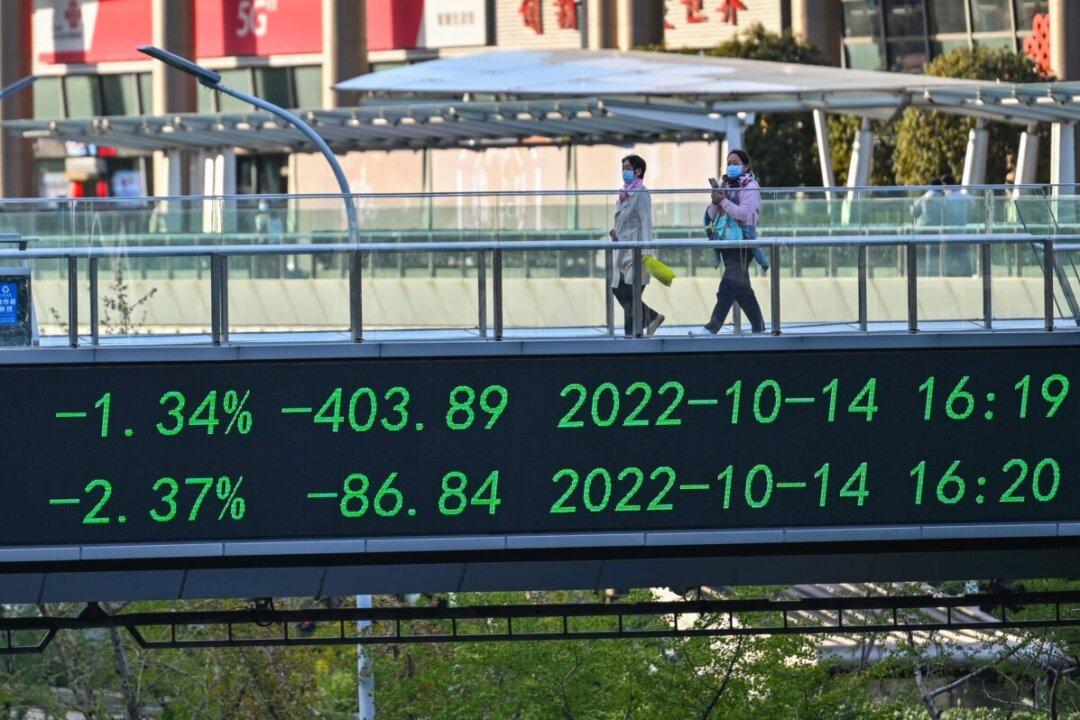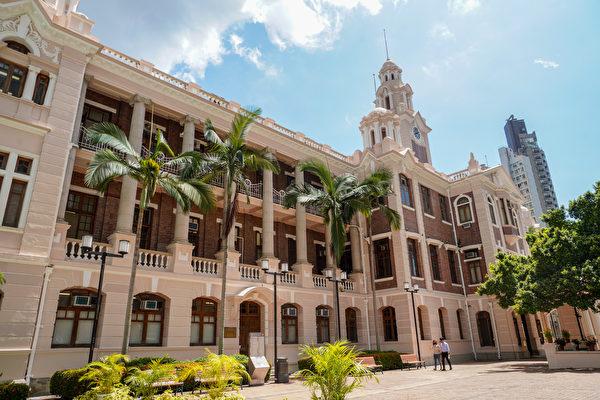China’s Bureau of Statistics finally released third-quarter economic data on Oct. 24, after an unusual delay prompted speculation about the state of its economy.
The numbers were originally scheduled to be released during the 20th National Congress of the Chinese Communist Party (CCP), which ran Oct. 16–22. Authorities postponed the release of key data such as China’s GDP unexpectedly and without explanation.





